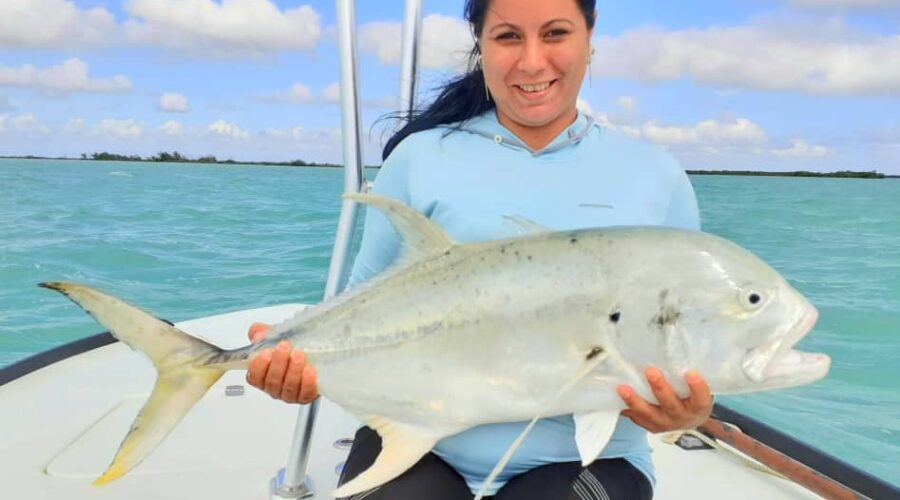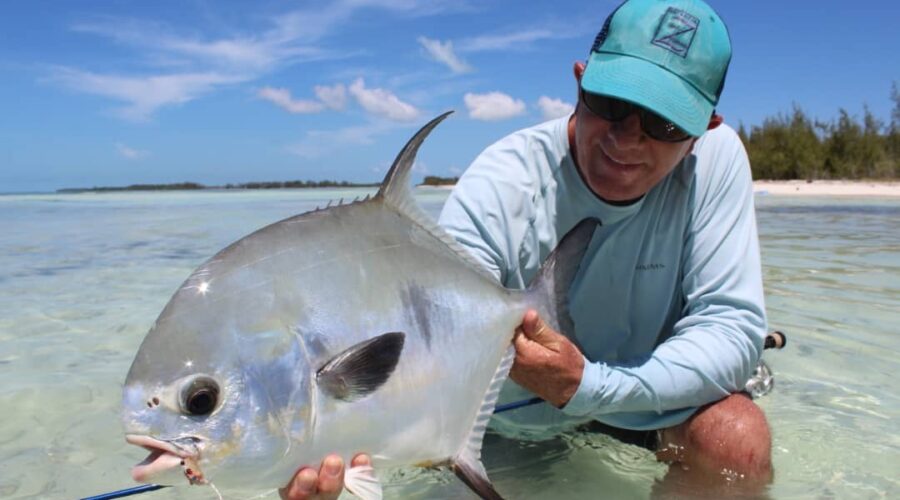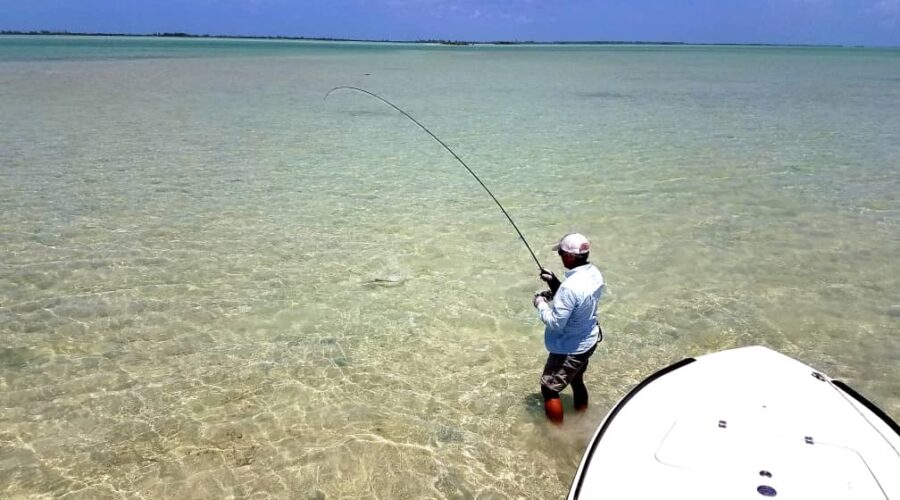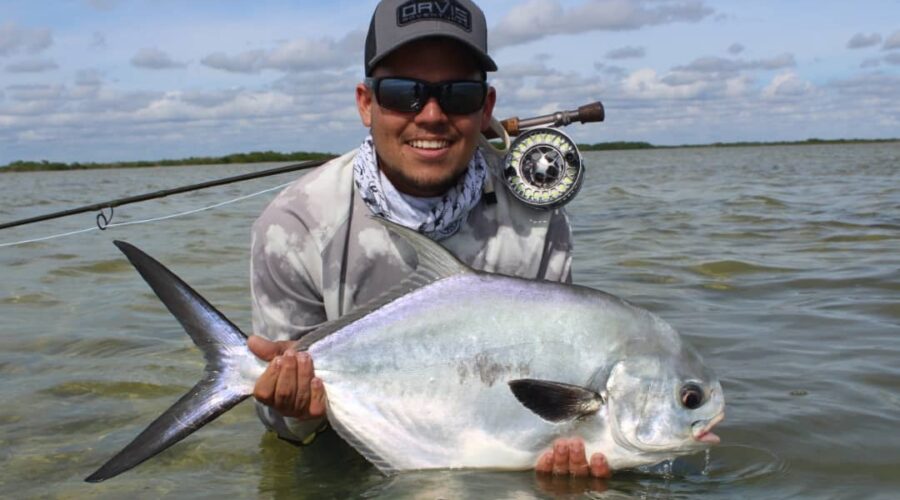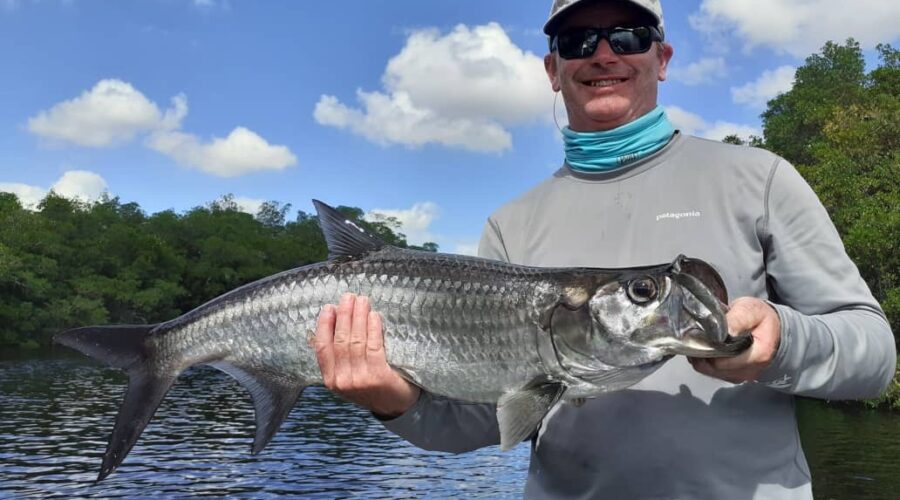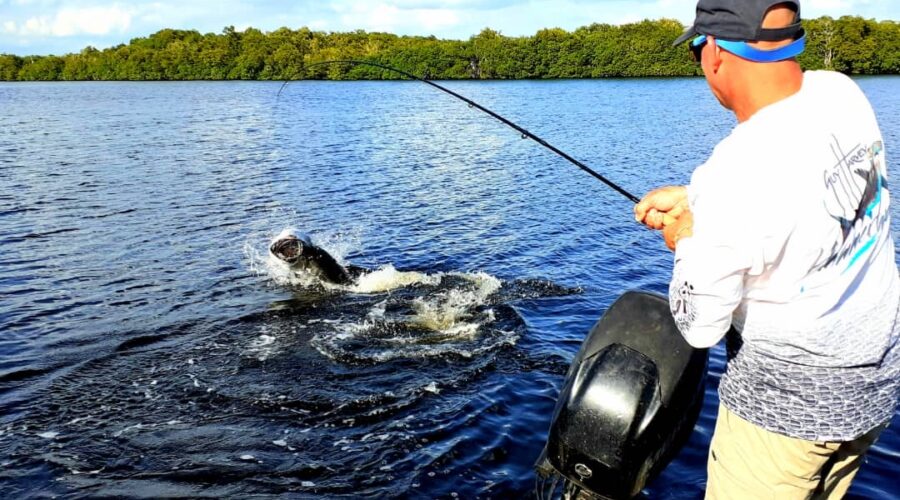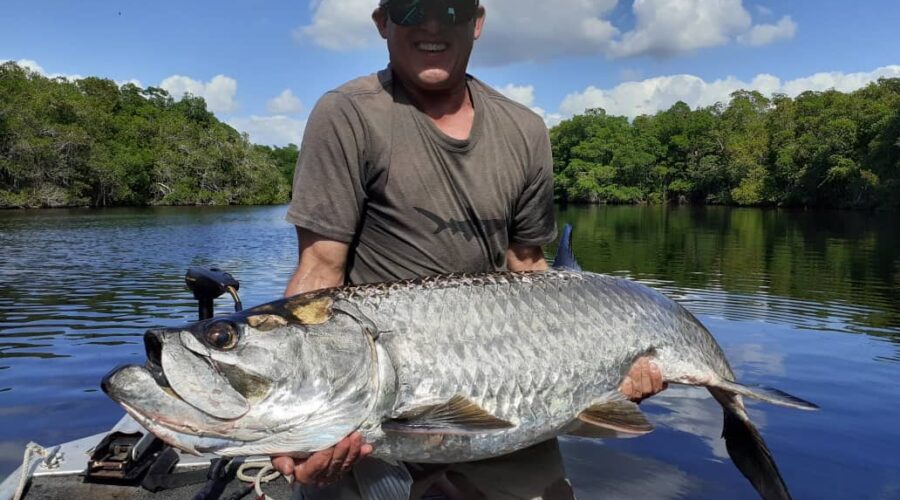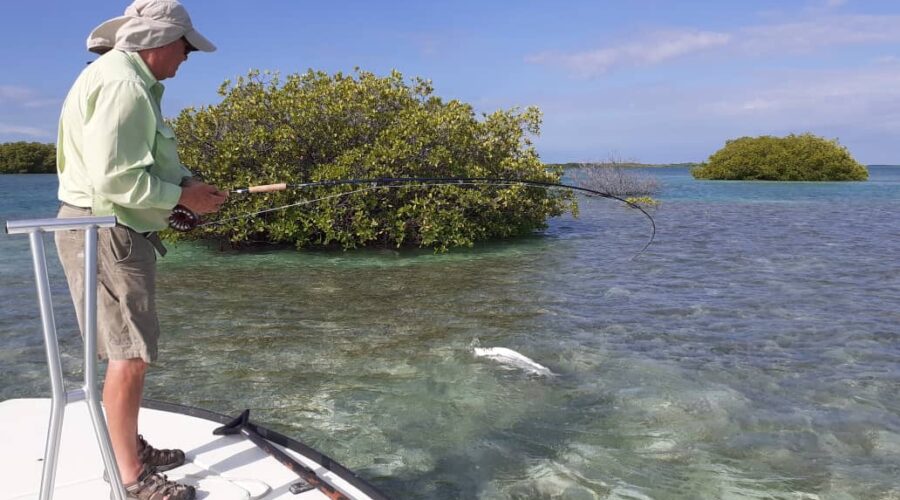Advancing Recreational Fisheries Policy and Management in an Evolving Cuba
Cuba is a hotspot for recreational fishing, attracting anglers from around the world to its flats and deep to fish the country’s pristine coastal and marine environments. Recreational fishing in Cuba makes up a significant part of Cuba’s growing tourism industry. Tourism’s total contribution to Cuba’s GDP of $10.8 billion (2018) accounts for 16% of the Caribbean’s total tourism economy and is projected to rise 4.1% from 2018-2028. For Cuba, this growth presents a valuable opportunity to promote a sustainable and conservation-based recreational fishing industry in the archipelago.
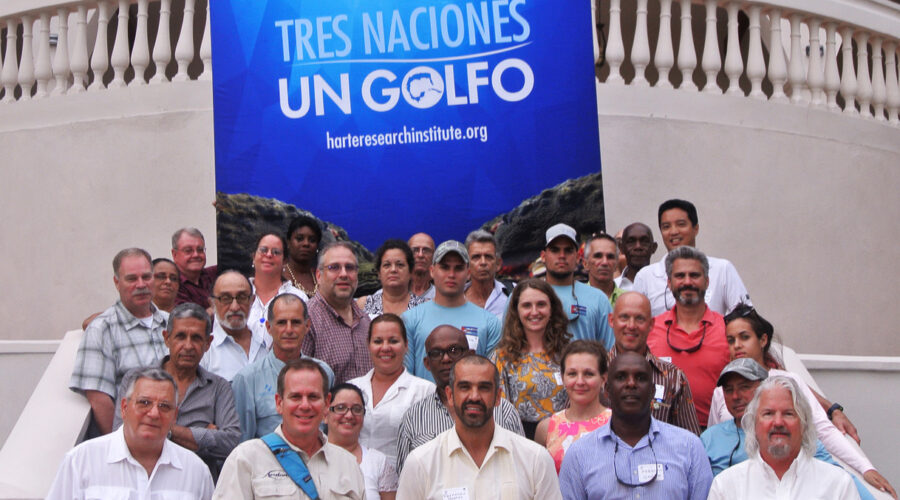
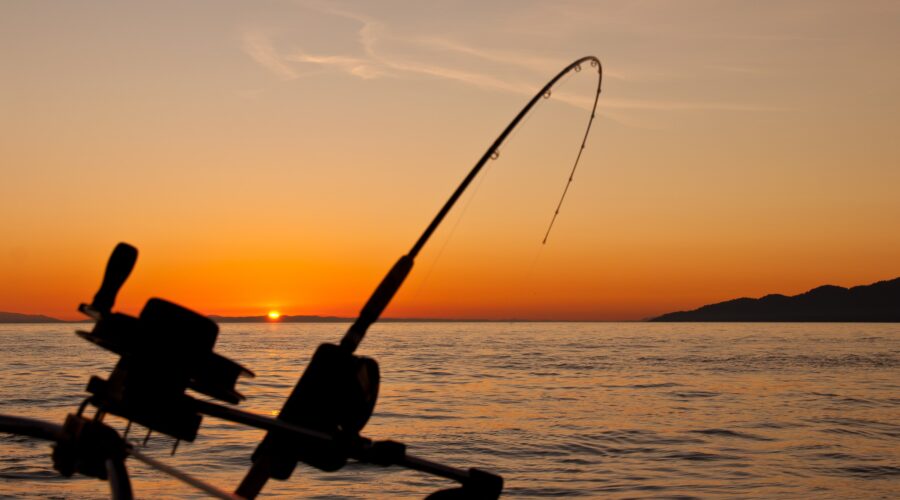
How Cuba manages recreational fishing, particularly in the context of increased demand, is at the heart of this joint project of The Ocean Foundation (TOF), Harte Research Institute (HRI), and Cuban partner institutions, including Cuba’s Fisheries Research Center, the Ministry of Tourism, Hemingway International Yacht Club, the University of Havana and its Center for Marine Research (CIM), and recreational fishing guides. The multiyear project, “Advancing Recreational Fisheries Policy and Management in Cuba,” will support and complement a newly announced landmark Cuban fisheries law. An important goal of the project is to create livelihood options for remote coastal communities by growing capacity and increasing involvement of Cubans in the industry, thereby providing livelihood options and local impact. A well-designed and implemented recreational fishing industry can be a sustainable economic opportunity while directly contributing towards the conservation of the Cuban coastline.
Our project involves the following activities:
- Conduct case studies of sportfishing policies around the world and apply lessons learned to the Cuban context
- Understand current sportfishing science in Cuba and the Caribbean that can guide sportfishing management in Cuba
- Characterize Cuban coastal habitats to advise on future sportfishing sites
- Organize workshops for Cuban sportfishing stakeholders to discuss conservation-based sportfishing models
- Partner with pilot sites to better understand the scientific, conservation, and economic opportunities for operators
- Support with expertise the development of recreational fishing policies within the framework of the new Cuban fisheries law
